U.S. airlines are facing unprecedented disruptions as the government shutdown drags on, with more than 2,200 flight cancellations reported on Sunday (9 November) alone.
The Federal Aviation Administration (FAA) has mandated that airlines reduce daily flights by 4%, and this reduction will increase to 6% on Tuesday and 10% by 14 November.
Transportation Secretary Sean Duffy warned that air travel will be reduced to a "trickle" in the weeks leading up to Thanksgiving, one of the busiest travel periods in the U.S.
"If this thing doesn't open back up, many travellers will be unable to board flights due to the reduction in services," Duffy told CNN’s “State of the Union,” Duffy said.
The shutdown, which began on 1 October, has resulted in a critical shortage of air traffic controllers, many of whom are retiring at an accelerated rate. The FAA is now short of 1,000 to 2,000 controllers, according to Duffy, and more retirements are expected unless the shutdown ends.
On Sunday, 2,215 flights were cancelled, and 7,200 were delayed, making it the worst day for cancellations since the shutdown began. This follows 1,550 cancellations and 6,700 delays on Saturday, with conditions expected to worsen.
Airlines scramble to manage disruptions
The four largest U.S. airlines — American Airlines, Delta Air Lines, Southwest Airlines, and United Airlines — have already planned significant flight cuts. United, for instance, will cut 190 flights on Monday and 269 flights on Tuesday. The Airlines for America trade group reported that 4 million passengers have been impacted by the staffing crisis since 1 October.
Many airlines have struggled to reschedule flights due to the increased delays, with airport congestion and staffing shortages making it difficult to manage flight operations.
Economic fallout from travel disruption
The travel disruptions are beginning to affect the U.S. economy, particularly as Thanksgiving approaches, a key period for the tourism and retail sectors. White House economic advisor Kevin Hassett warned that the impact could be significant.
"If people aren't travelling during Thanksgiving, we could see a negative GDP quarter in the fourth quarter," Hassett said.
Meanwhile, Duffy said that the shutdown is costing the U.S. economy anywhere between $285 million and $580 million per day due to the widespread travel disruption.
Safety concerns due to controller shortages
Amid the crisis, safety concerns have also emerged. Senator Ted Cruz revealed that the FAA reported that more than 500 safety incidents have been filed by pilots since the shutdown began, citing fatigue among air traffic controllers as the cause of many of these mistakes.
With 13,000 air traffic controllers and 50,000 security screeners working without pay, the stress on the system is only expected to intensify, potentially leading to further delays, cancellations, and safety concerns as the shutdown continues.
As the Thanksgiving travel season approaches, airlines and the U.S. government are facing mounting pressure to resolve the shutdown and restore normalcy to the air travel industry. Until then, passengers should expect ongoing disruptions and fewer available flights.
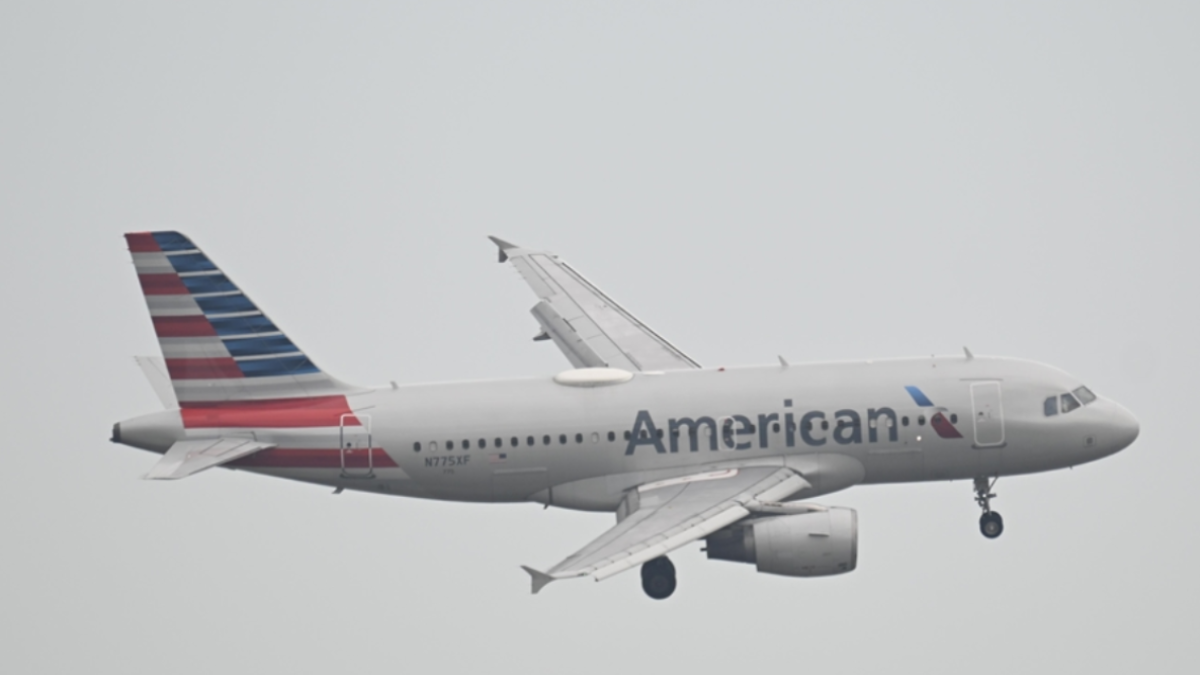
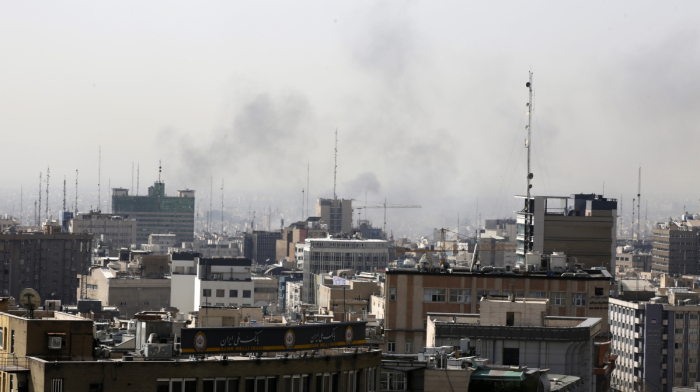

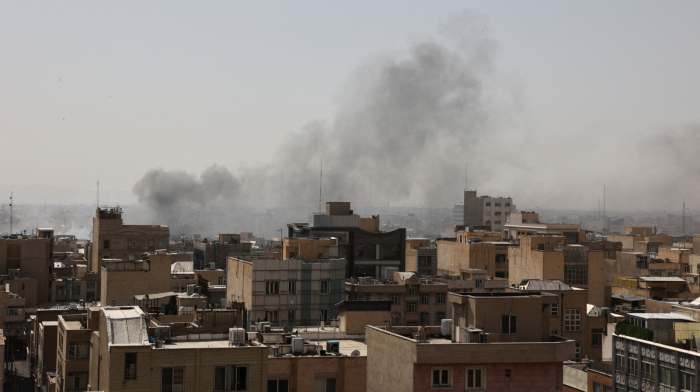
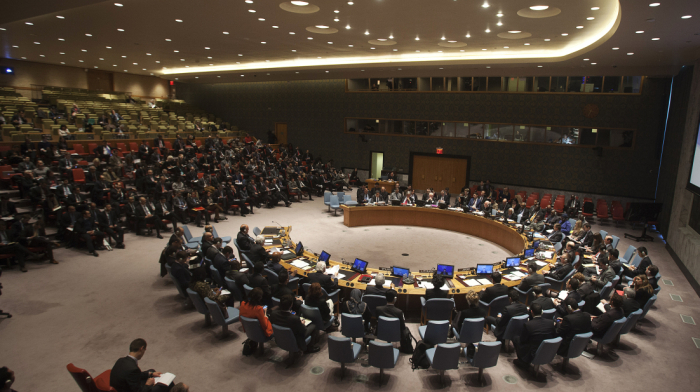
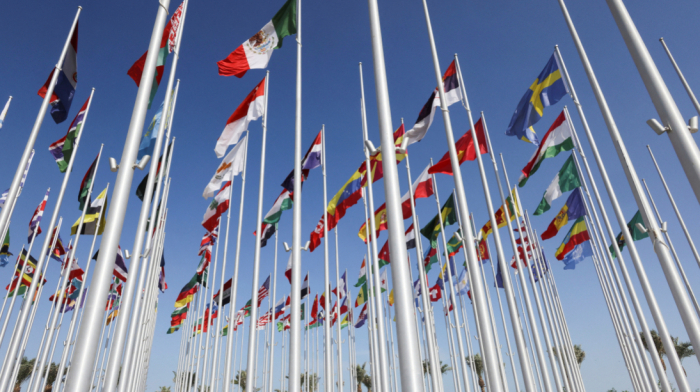


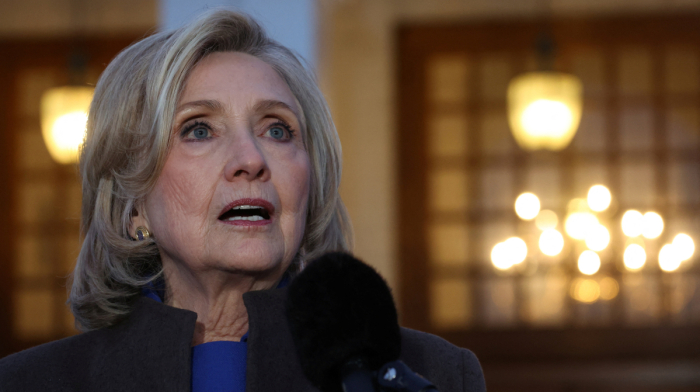
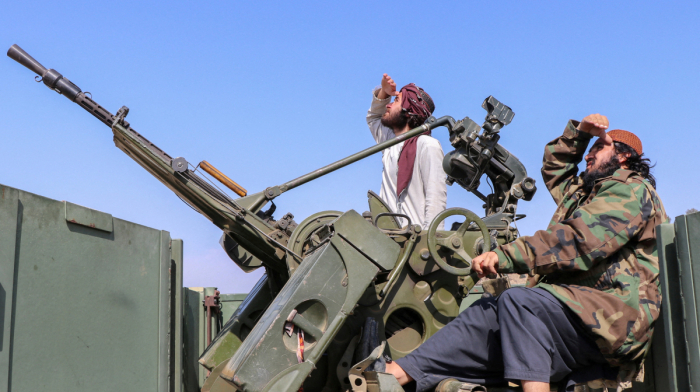
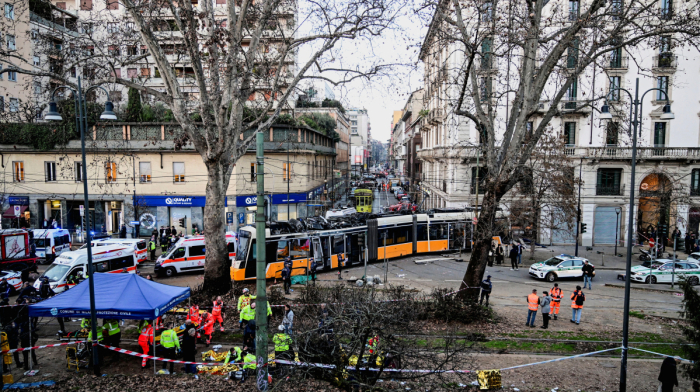

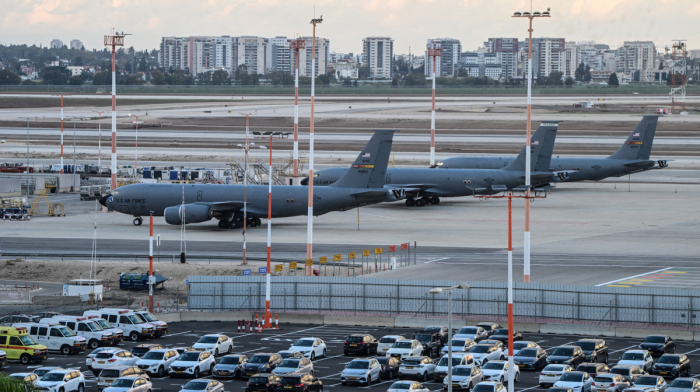

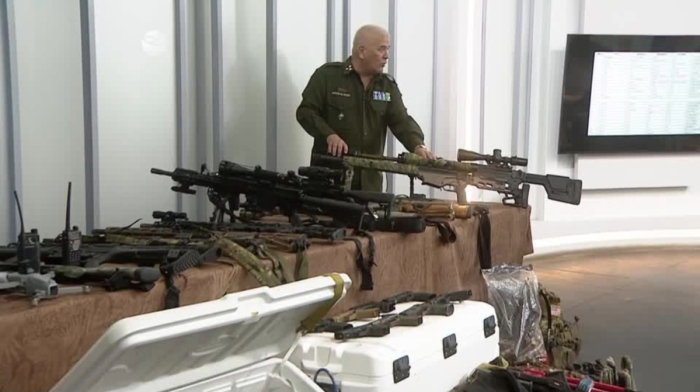
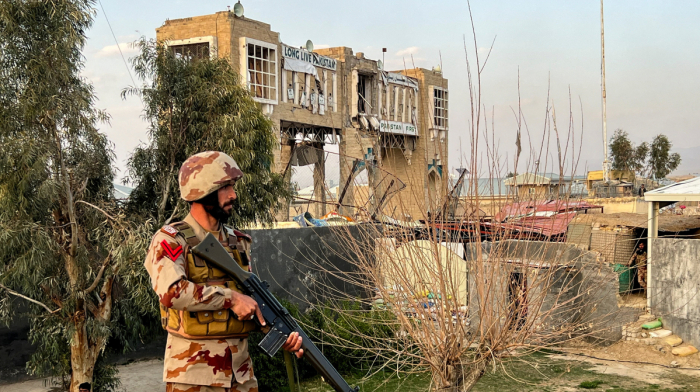



What is your opinion on this topic?
Leave the first comment